10 surprising language differences I encountered as an American visiting Scotland for the first time
Talia Lakritz

- As an American visiting Scotland for the first time, I encountered surprising language differences.
- While grocery shopping, I learned that "mince" means ground beef and "rocket" is arugula.
On my trip to Scotland, I stayed in a friend's apartment, which they called a "flat."
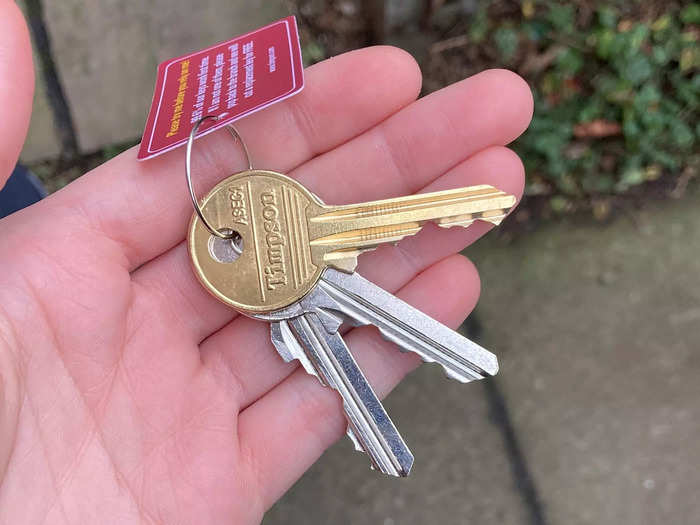
For my vacation, I swapped homes with a friend who lives in Scotland. They stayed in my New York City "apartment," and I stayed in their Edinburgh "flat."
The term "flat" comes from the Old English word "flett," meaning on one level, from the 1300s, according to Apartment Therapy. Most apartments are one floor, so they became known as "flats."
I had to adapt to spelling words — including my last name, Lakritz — with the letter "Z" by saying "zed," not "zee."
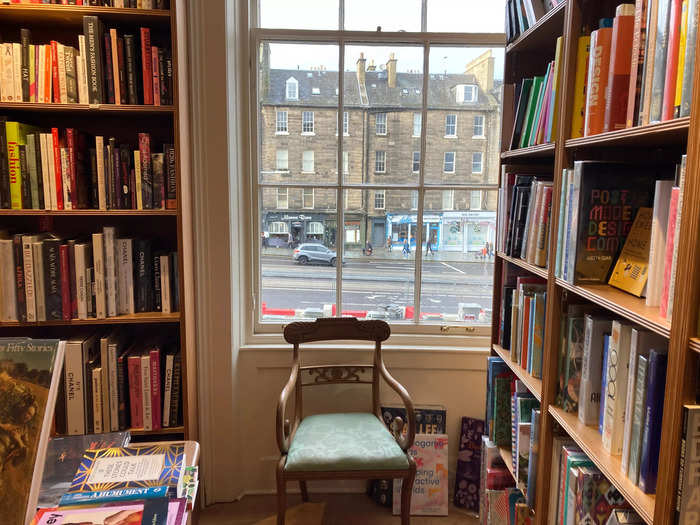
My last name caused some confusion when I tried to spell it with the American pronunciation of the letter "Z."
When I went to a pharmacy to buy medicine for motion sickness, the pharmacist asked, "Do you mean travel sickness?"
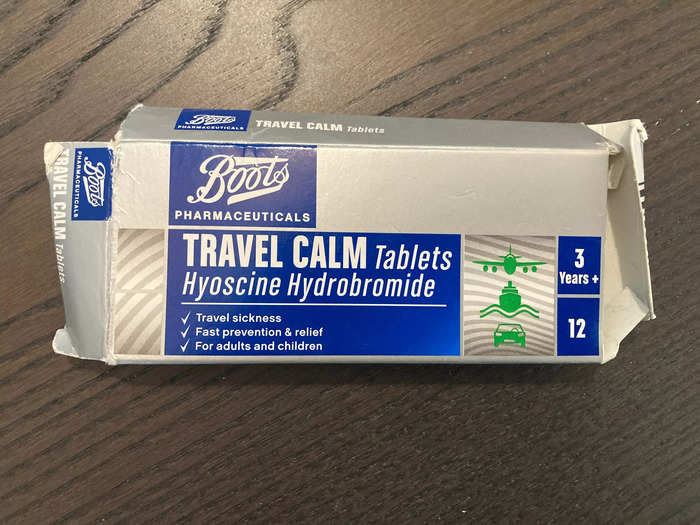
In anticipation of a bus tour of the Isle of Skye on winding mountain roads, I stocked up on a generic Scottish version of Dramamine. I was surprised to find that "motion sickness" was referred to as "travel sickness."
Thankfully, it worked wonders regardless of the language difference.
I learned that restaurant workers in Scotland will ask if you have a "booking," not a "reservation."

The first time someone asked me if I had a booking, it took me an extra second to realize what they meant.
At the end of a meal, diners in Scotland ask for the "bill," not the "check."
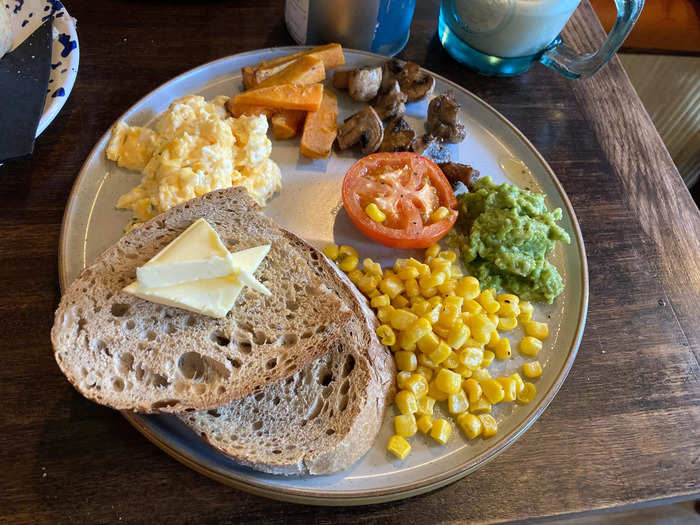
None of the waiters I encountered had trouble understanding what I meant by the "check," but I felt like it made me stick out as a foreigner even more than my American accent already did.
I found that both real and vegetarian versions of ground beef are called "mince."
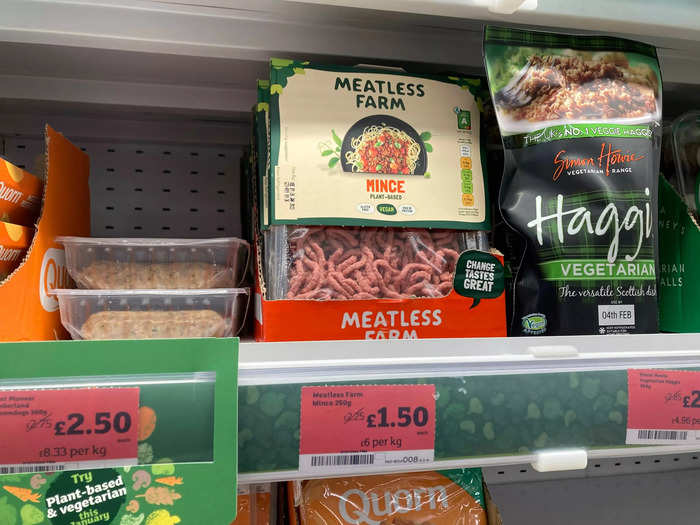
When I saw what looked like imitation ground beef labeled as "mince," I had to double check to make sure that's what it actually was.
In Scotland, arugula is called "rocket," which also threw me off while grocery shopping.
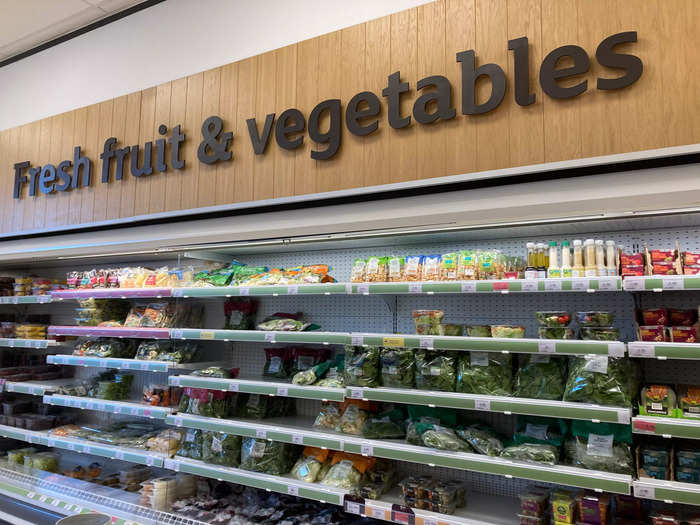
The name "rocket" originates from "ruchetta," the northern Italian name for the leaf, according to Bon Appetit. "Ruchetta" became "roquette" in French and eventually "rocket" in the UK.
Ordering food or drinks to go in Scotland meant asking for "takeaway."
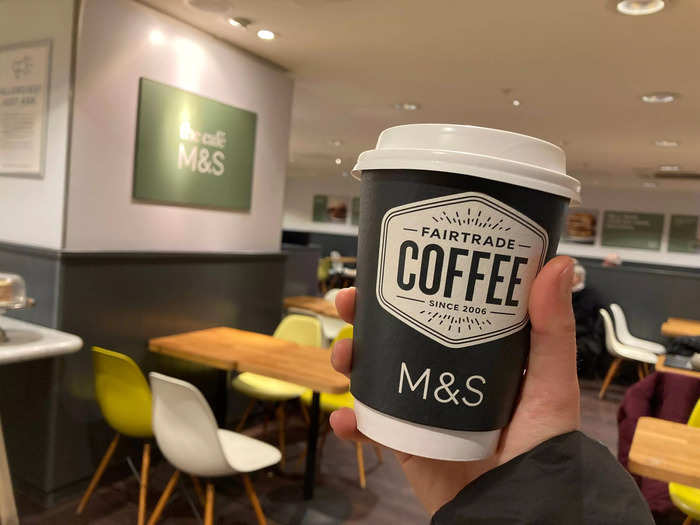
I also heard "takeaway" being used as a noun (as in, "Let's order some takeaway for dinner") — what I would call "takeout" in the US.
I loved hearing people describe small things as "wee."
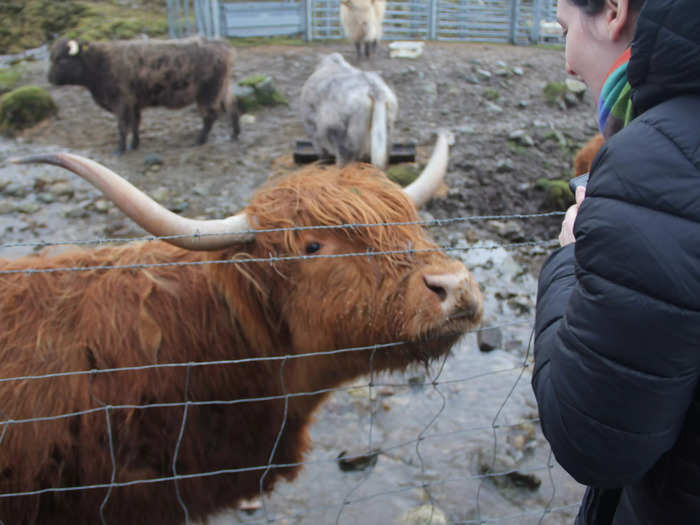
I heard the word "wee" used in reference to small children and animals, as well as a small bite to eat. To my American ears, it sounded like such a quaint way to describe something.
When offered a "dram" of whisky, I wasn't exactly sure how much that meant.
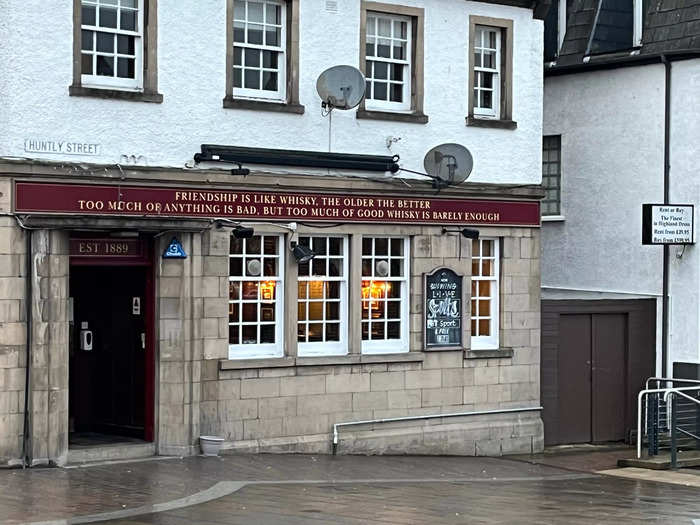
According to The Scotsman, a "dram" used to mean an eighth of an ounce when used in the context of apothecary weights, but it isn't an exact measurement today. Whisky is best measured with the heart, anyway.
Popular Right Now
Advertisement